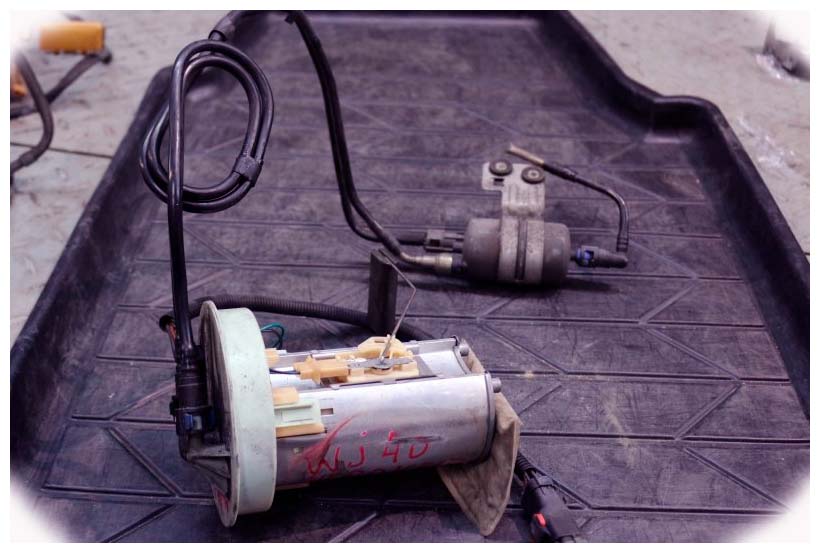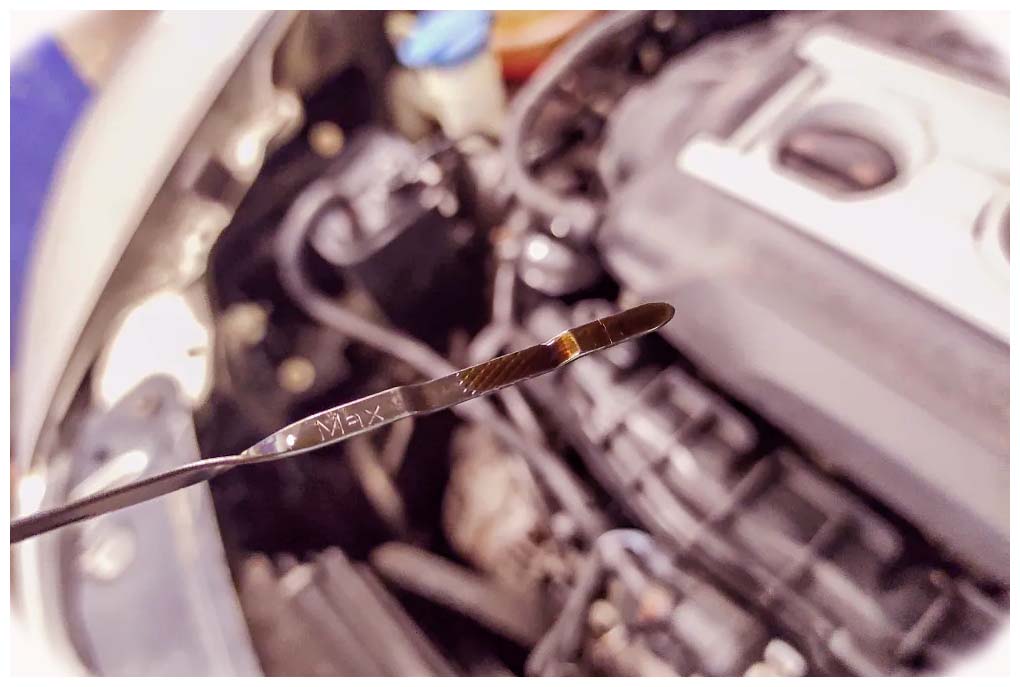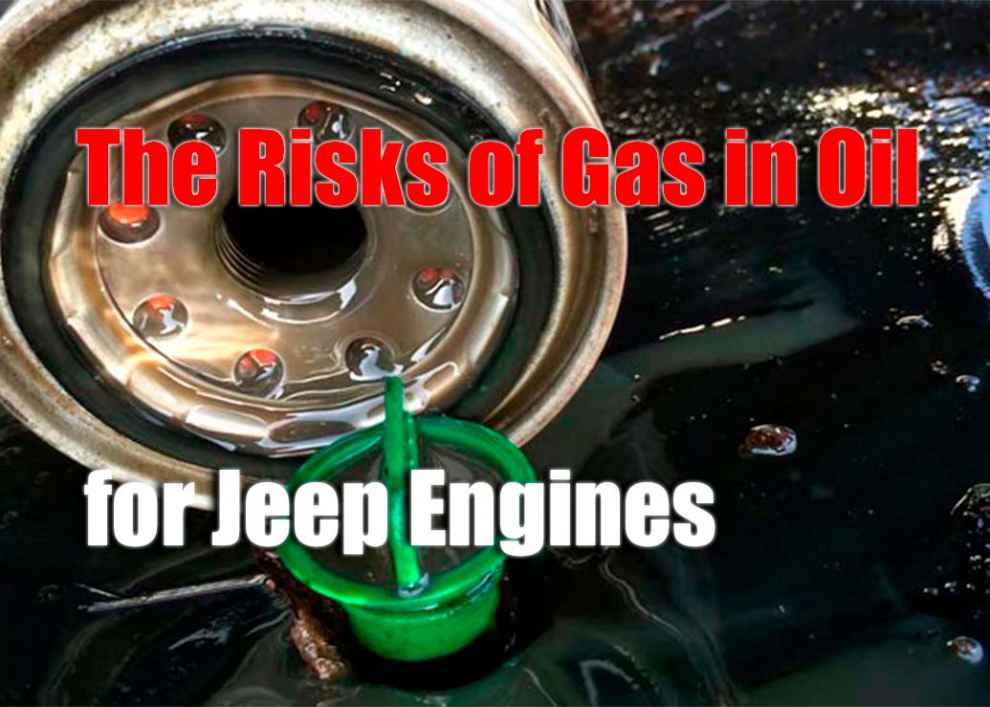When gasoline and oil mix, the result is a fuel/oil mixture that can be very detrimental to your Jeep engine. Gasoline is much thinner than oil, and when it enters the oiling system, it can cause severe wear and tear on interior components, such as pistons, bearings, crankshafts, and valvetrain assemblies. If left untreated for too long, the vehicle’s engine could eventually become damaged beyond repair.
How to Tell if You Have Gas in Your Oil
The primary sign of gas in your oil is increased smoke levels from your exhaust. This smoke will have a distinct smell you won’t miss – almost like raw fuel. In addition to this obvious indicator, other signs include an unexplained drop in engine performance or difficulty starting the car after extended periods of idling.
Causes of Excess Fumes from Engine Oil

Potential Damage Caused by Gas in Oil
Gas in oil can cause severe damage to your Jeep engine, ranging from minor wear and tear to major component failure. The thin, volatile gas composition makes it harder for components like pistons and bearings to move freely within the engine block. Eventually, this excess friction can lead to decreased performance, increased heat production, and an overall decrease in efficiency.
Solutions for Reducing or Preventing Gas Accumulation

Conclusion
Gas in the oil can be a serious issue for Jeep owners and should be addressed as soon as possible to avoid any further damage. Regular maintenance and attentive monitoring of your fuel system can help prevent any gas buildup in your engine’s oiling system. Suppose you suspect a problem with your vehicle. In that case, it’s best to take it to a professional mechanic who can properly diagnose and determine the best action to fix the problem.

Add Comment